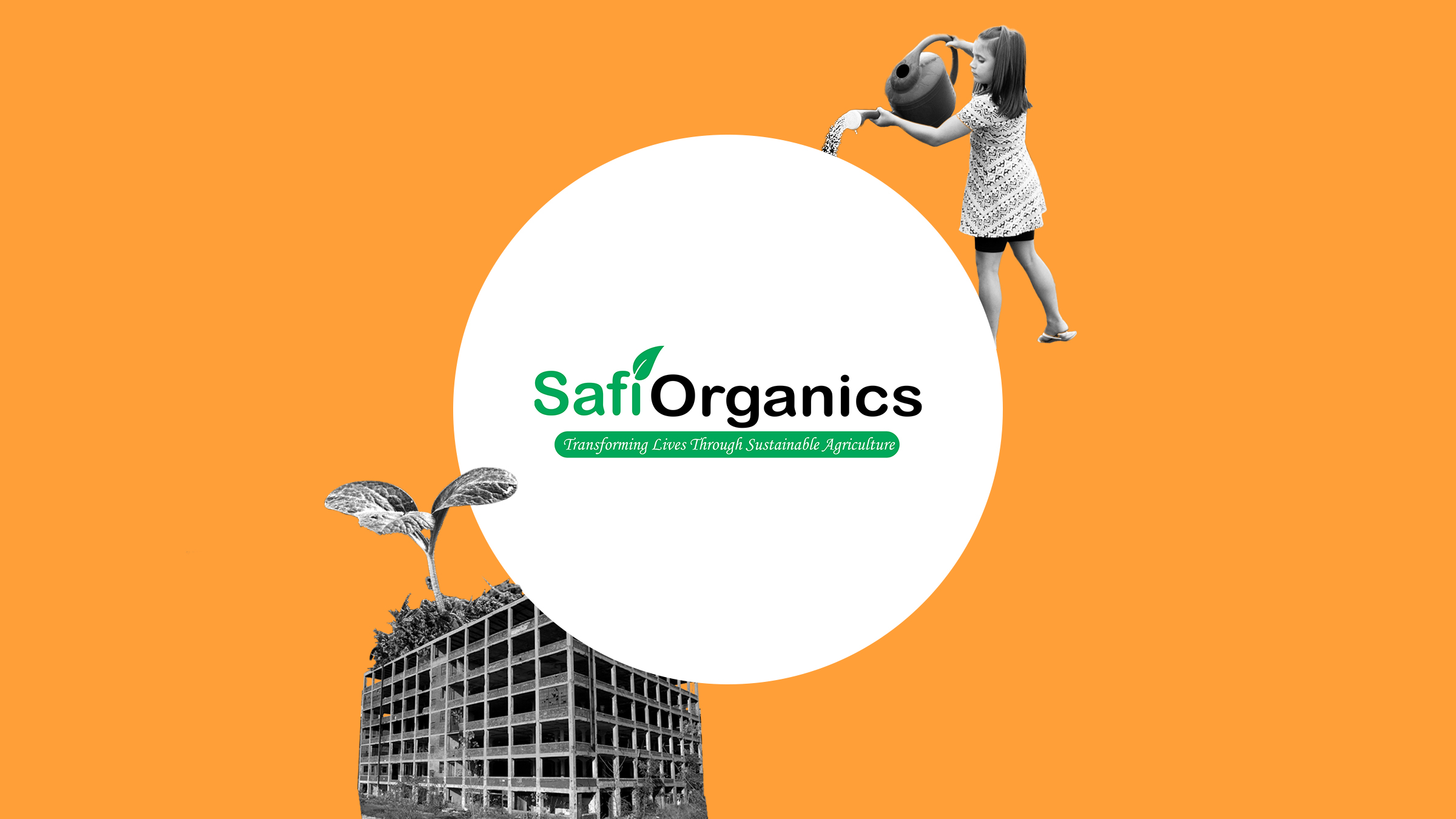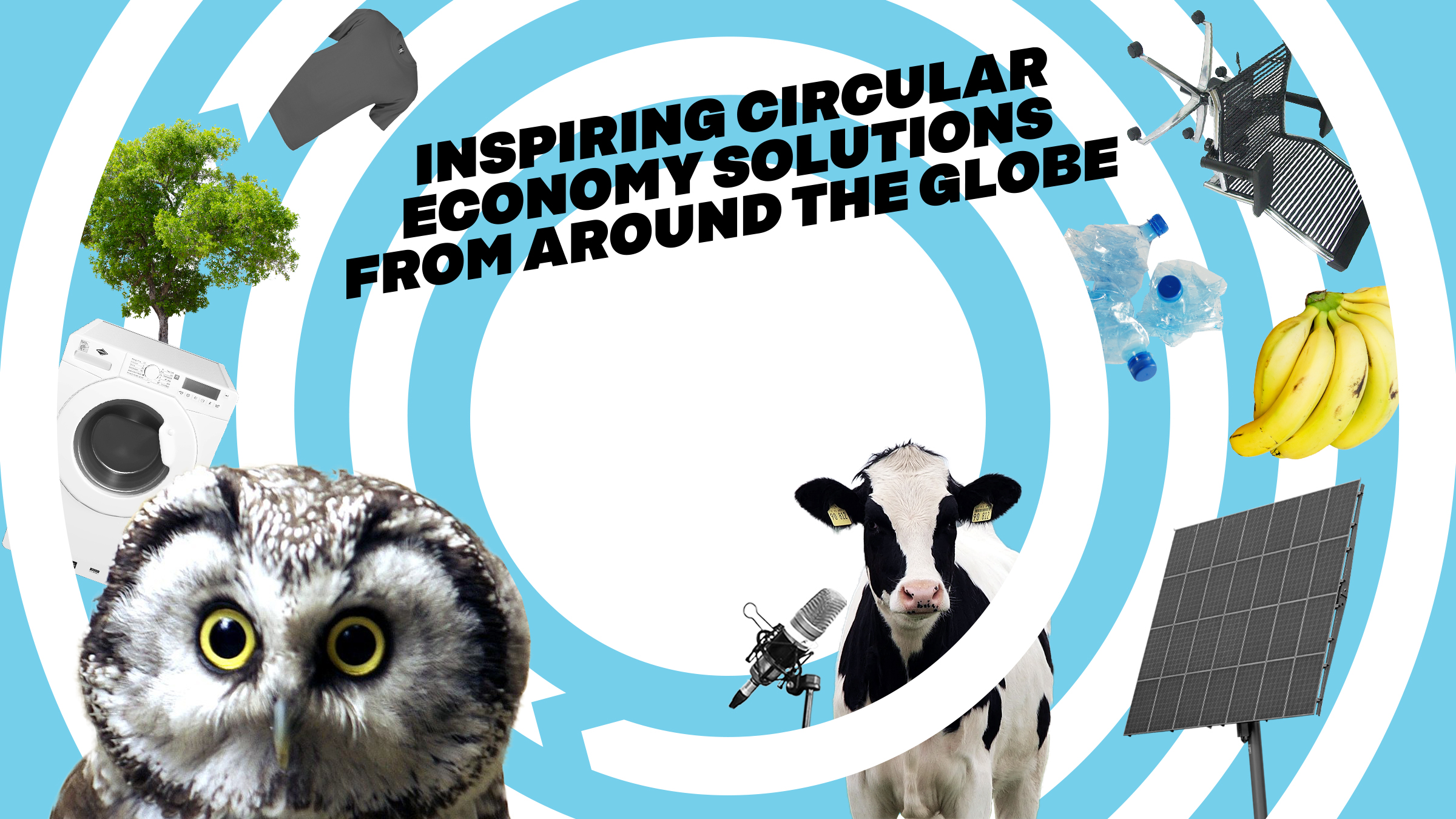Safi Organics’ solution turns the agricultural waste streams of Kenyan farmers into customised, carbon-negative fertilisers. With engineering know-how from MIT and intimate knowledge of the local environment, Safi Organics’ highly scalable solution is well-researched and excellently suited for the Sub-Saharan African region.
The company’s CEO grew up in rural Kenya and witnessed first-hand the challenges that local farmers faced related to long-term soil degradation. To develop the Safi Sarvi product, the team worked closely with local farmer co-operatives. Safi Organics partnered with the Kenyan Organic Research organisation to gather necessary data. Further technical knowledge was gained through enlisting a CTO specialised in biochar creation, pursuing partnerships with scientific experts and researchers, and winning research grants from institutions like MIT.
Problem
Farmers in Kenya can often afford only the cheapest synthetic fertilisers. These one-size-fit-all fertilisers are poorly adapted for local soils, depleting their quality over time and decreasing the farmers’ yields. As the land degrades, more synthetic fertilisers are needed to maintain crop productivity, and these chemicals often leak into waterways and pollute the environment. Use of synthetic fertilisers decreases soil organic matter which negatively affects the capacity of the soil to store carbon.
Solution
Safi Organics turns crop residues, such as grain husks, into customisable, carbon-negative fertilisers. When used in place of synthetic fertilisers, Safi Organics’ product helps increase the farmers’ crop yield while sequestering carbon and restoring soil quality. The company’s MIT-developed technology can be distributed for decentralised use, so that the fertiliser production can be carried out in villages using locally available resources and labour.
The company’s product, Safi Sarvi, improves farmers’ crop yields and income by up to 30 per cent, all for a price similar to imported synthetic fertilisers. The solution affords farmers an economical way to practice regenerative, carbon-negative and resilient agriculture.
The solution is a clear example of a circular business model, as an agricultural waste stream is turned into a valuable product with multiple environmental and social benefits.
Environmental impact
The solution revitalises soil by helping to reverse soil acidification and degradation. The fertiliser also ensures that nutrients and moisture are retained for longer periods, reducing leaching and related pollution of waterways and the local environment. The fertiliser is carbon-rich, making it possible to capture and store carbon in soil. Locally produced fertilisers reduce the need for international transport logistics, which in turn decreases emissions. Finally, the conversion of locally available crop residues into valuable fertiliser reduces farmers’ current practice of burning unneeded crop residues, which helps reduce air pollution.
Social impact
The decentralised fertiliser production helps create jobs for underemployed youths in smaller farming communities. Rather than being forced to relocate to urban slums, these youths now can make a decent living in their home villages and are more likely to remain in the local agriculture industry to help strengthen its productivity. Another important point is that farmers are not dependent on imported fertilisers, which strengthens the local economy overall.
Additionally, stable, consistent design for the fertiliser manufacturing equipment has been important. From day one, the team has partnered with local manufacturers in rural villages. When parts break, the manufacturers need to be able to rely on local components and servicing.


Inspired?
Check out all solutions.